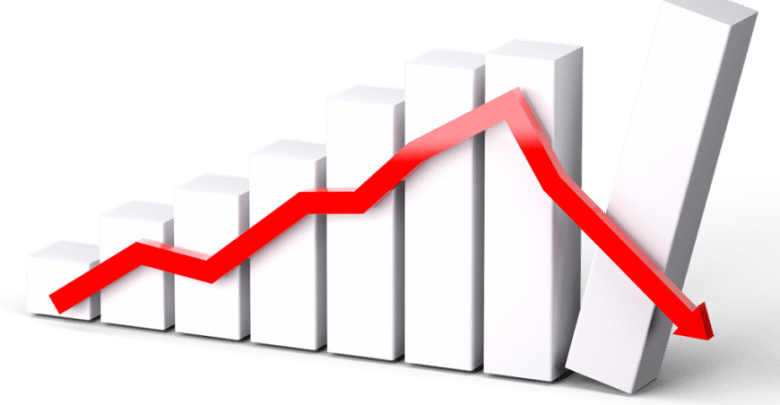By Majd Othman
KUWAIT: The world has been witnessing an economic slowdown in the past few years due to the coronavirus pandemic, price hikes due to the Russian-Ukrainian war and the temporary closure of important global markets such as China. As a result of these economic and political crises, several global reports indicate that the world is going through an economic slowdown or recession. But how does this affect the Kuwaiti market? Does purchasing power help prevent the effects of this slowdown in the local market?
Kuwait Times discussed the issue with financial expert Maitham Al-Shakhs. He clarified the economy in Kuwait does not depend on the private sector as a source of income, as the public sector is the main supporter of the economy and the country's revenues, which relies on the oil sector for more than 90 percent of its income. "Therefore, there will not be a huge negative effect from the private sector on the total local economy, even if there is a slowdown or decrease in some economic fields," he said.
 Maitham Al-Shakhs
Maitham Al-Shakhs"Kuwait doesn't have heavy industries and most of the consumables are imported from abroad. Some sectors participate in the country's GDP such as agriculture, but we can't define it as a main contributor as this field gets huge financial support from the government," Shakhs said.
On the other hand, he explained that if the country is affected by an economic slowdown in the private sector, then the banking field will be one of the main influencers as this sector finances executing companies that bid on major projects proposed by the country, especially since these companies contribute with a large amount of money.
"If oil prices decrease in the long term, the banking sector will be affected, as it will lead to an increase in the country's fiscal deficit, which will put the government under a pressure to postpone the completion of some projects and eventually cause an economic slowdown," he said.
Purchasing power
Regarding the role of local purchasing power in preventing an economic slowdown, Shakhs said per capita income in Kuwait and its contribution to the economy defines income level."Local income is high compared to other countries, therefore we still have the ability to resist an economic slowdown and high prices, unlike other countries such as the UK and some Arab and European countries, whose middle classes are in a bad financial situation due to their weak purchasing power," he said.
The previous situation affects the country's production, as the producers will decrease the amount of production and the importers will reduce importing to maintain the prices from falling down, he said.
"Despite an economic slowdown or economic recession that could lead countries to bankruptcy, there are always sectors that benefit from these situations" Shakhs said."Banking, food sector and tourism are three sectors that could grow in a time of economic recession or slowdown." Regarding the banking sector, he explained people will be scared to spend their money, and this will compel them to save their money in banks. "During the pandemic, the US Federal Reserve cut the interest rate due to rising deposits and fewer requests for bank loans. Several psychological studies showed that during crises, demand for food and restaurants increases," he said.
Shakhs explained the tourism field witnessed a great growth, as seen in the previous experience of countries that suffered from economic crises, such as Turkey. When the Turkish lira fell dramatically, there was a huge increase in the number of tourists due to the favorable exchange rate," he said.











